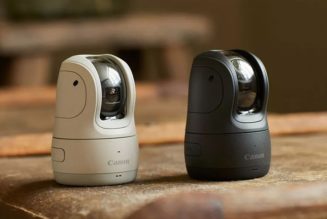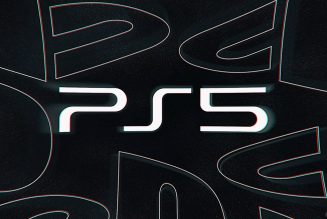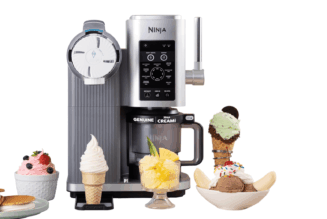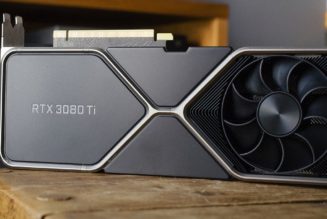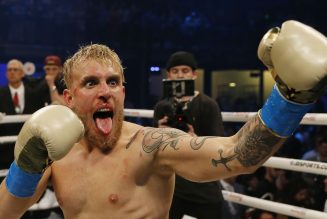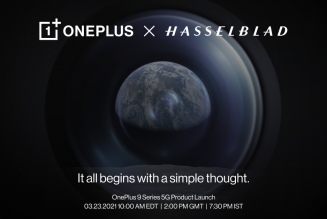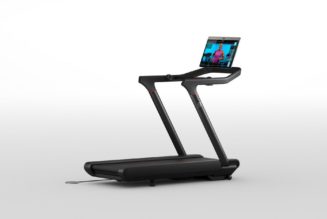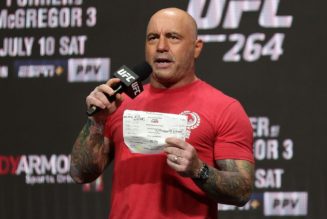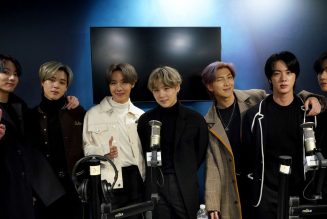Tesla CEO Elon Musk revealed a prototype of a humanoid “Optimus” robot that shares some AI software and sensors with its cars’ Autopilot driver assistance features. At the start of Tesla’s 2022 AI Day presentation, Musk acknowledged that they had “a guy in a suit” last year but promised something much more impressive today.
According to Musk, this prototype can do more than what was shown live, but “the first time it operated without a tether was tonight on stage.” Musk predicted it could hit a price of “probably less than $20,000” and later, in a Q&A session, explained that Tesla is very good at building the AI and the actuators necessary for robotics based on the experience of producing drive units for electric cars. Musk said that would help it get capable robots into production and start off by testing them within its factories.
He claimed that the difference between Tesla’s design and other “very impressive humanoid robot demonstrations” is that Tesla’s Optimus is made for mass production in the “millions” of units and to be very capable. As he said that, a team of workers moved a non-walking prototype offstage behind him.
%2Fcdn.vox-cdn.com%2Fuploads%2Fchorus_asset%2Ffile%2F24070454%2Ftesla_bo0t.jpg&w=2400&q=75)
Initially, the back doors of the stage opened to reveal a deconstructed Optimus that Tesla calls “Bumble C” that walked forward and did a “raise the roof” dance move. Musk admitted that they wanted to keep it safe, not make too many moves on stage, and have it “fall flat on its face.” (Best to avoid another Cybertruck sledgehammer incident if you can.)
Afterward, the company showed a few video clips of the robot doing other tasks like picking up boxes.
Then Tesla’s team brought out another prototype showing a “very close to production” version of Optimus with its body fully assembled but not fully functional — it was held up on a stand and waved to the audience, showing the range of motion of its wrist and hand. Musk claimed this unit (that was walked out and eventually rolled off by a team of workers) still contains actuators, battery pack, and everything else but “wasn’t quite ready to walk.”
%2Fcdn.vox-cdn.com%2Fuploads%2Fchorus_asset%2Ffile%2F24070642%2Foptimus_protot.jpg&w=2400&q=75)
They revealed that the initial robot presented was developed in just the past six months. Discussing hurdles they have to address in getting it from the prototype to a working design, they hope to “get this done within the next few months… or years.”
Engineers hope to clear additional design hurdles “within the next few months… or years.”
It contains a 2.3kWh battery pack, runs on a Tesla SoC, and has Wi-Fi and LTE connectivity. Demonstrations focused on addressing the robot’s joints, like its hands, wrists, or knees, showed how they processed data for each joint, then looked for the common areas in each design to find a method using only six different actuators. The human-like hands are a “Biologically Inspired Design” that engineers say will make them more suitable for picking up objects of various shapes and sizes, holding a 20-point bag, and having a “precision grip” on small parts.
Tesla’s Autopilot software was moved from its cars to the bot and retooled to work in the new body and environment. Tesla motion captured people doing real-world tasks like lifting a box and then using inverse kinematics, repeats the movements using Optimus. Then “online motion adaptation” is applied to make it so these tasks aren’t so rigid and can be manipulated to take into account an unstructured environment.
%2Fcdn.vox-cdn.com%2Fuploads%2Fchorus_asset%2Ffile%2F24070465%2FScreen_Shot_2022_09_30_at_9.36.03_PM.png&w=2400&q=75)
“It’ll be a fundamental transformation for civilization as we know it,” said Musk. He continues to say that Optimus has the potential of “two orders of magnitude” of potential improvement of economic output.
Musk first announced the “Tesla Bot” at last year’s AI Day, promising it would be “friendly” and potentially revolutionize the company’s assembly line and manufacturing business.
Musk had warned his fans not to expect the prototype to look like the glossy black-and-white rendering first shown at last year’s event. But there’s been no shortage of hype, with Musk calling the robot “the most important product development we’re doing this year” and predicting that it will have the potential to be “more significant than the vehicle business over time.”
Future applications could include cooking, gardening, or even “catgirl” sex partners; Musk has said while claiming that production could start as soon as next year.
In the days leading up to AI Day, robotics experts warned against buying too much into Musk’s claims. They’ve noted that other companies are much further along in developing robots that can walk, run, and even jump — but none are claiming to be close to replacing human labor.
Tesla’s history is littered with fanciful ideas that never panned out — like a solar-powered Supercharger network, battery swapping, or robotic snake-style chargers — so it’s anyone’s guess as to whether a production-ready Tesla Bot will ever see the light of day. But the company is where it is today because of Musk’s sheer will. And the reveal of a prototype version of the robot is sure to bolster Musk’s claims of Tesla as “the world’s biggest robotics company.”
Update October 1st, 12:40AM ET: Added edited presentation video, promo pictures of the “TeslaBot,” and a few more details.
